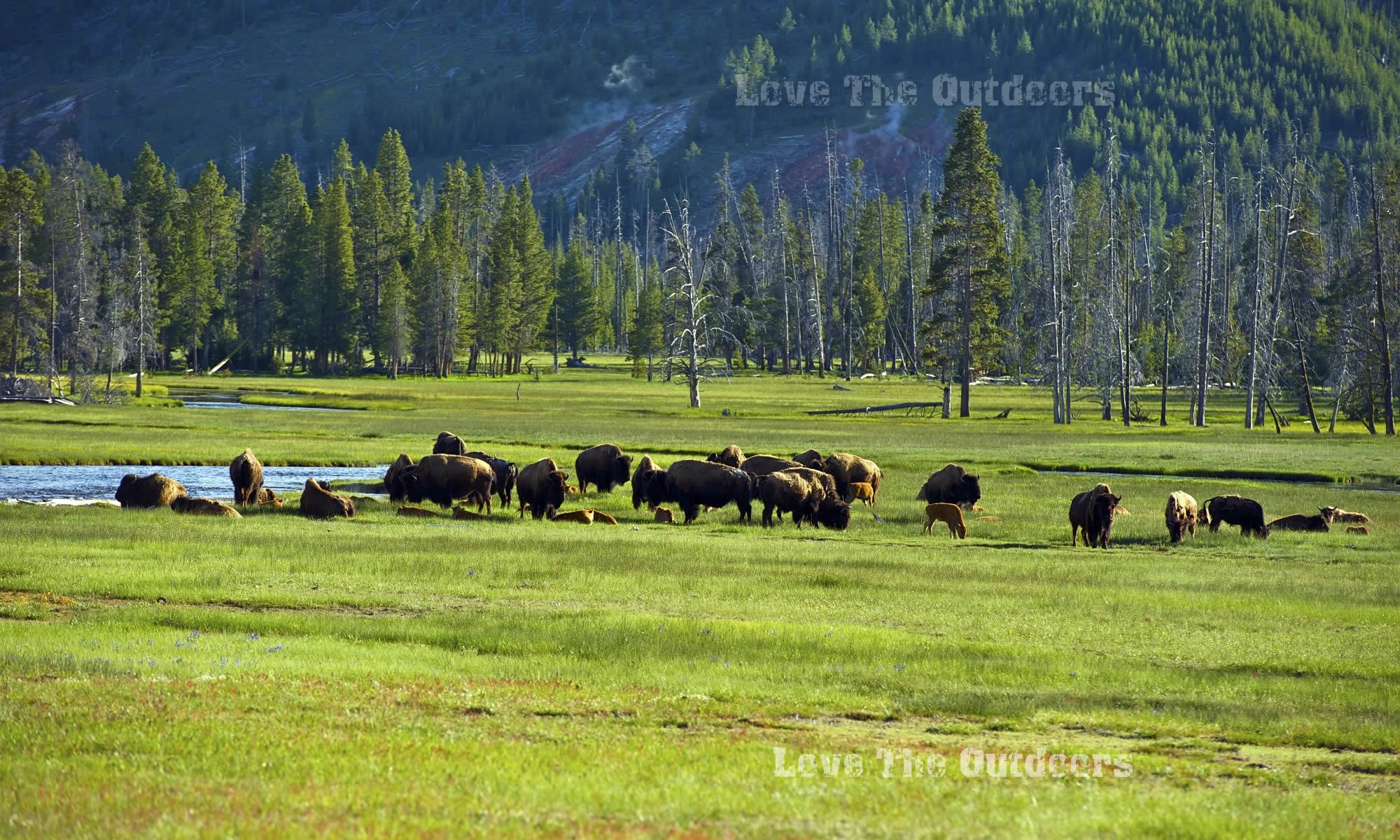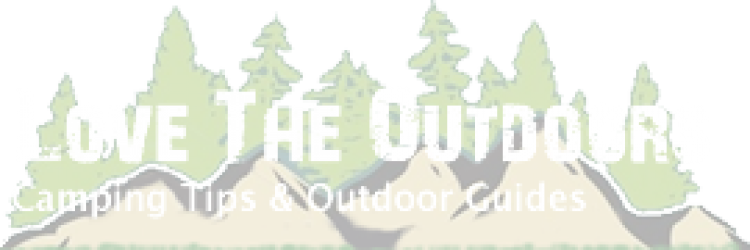As far as vacationing goes, camping offers one of the best opportunities for fun and cost effective trip-taking. With no nightly hotel fees, less travel expenses, and zero restaurant bills, you can have a great time without draining the bank account just by enjoying the great outdoors. For the super savers out there, learning how to set a specific camping budget can save even more money – giving you the chance for a guilt free, relaxing time away.
Plan Your Budget
The first thing to do when figuring out a camping budget is to break out the pen and paper. Though you might think you can keep track of expenses relatively well in your head, a specific outline of what you want to spend on the camping trip is much more precise. Be sure to factor in all the necessities of your trip beforehand, including shelter, gas, food, and gear. Write in a little breathing room for miscellaneous expenses, too. They’re inevitable.
Deciding On Supplies
There are a few necessities in terms of camping gear that should be brought on every trip. First, of course, is a tent. If you don’t have one already, there are two options. First, you can go to a sporting goods store and buy one new. A quality tent will set you back $150 or more. For some people, this is too big of an investment for a one-time camping trip. As an alternative, you can talk to family, friends, and neighbors to see if they have a tent lying around in the garage. As long as they’re not using it, they will more than likely let you borrow theirs for your camping excursion. Other camping necessities – like clothes, sleeping bags, coolers, and tarps – you probably already have. If the camping budget is tight, try doing a thorough house search to find the things you need before hitting up any stores.
Food
Low cost, easy to prepare food is essential to keeping your camping budget in check. Stock up on a few of the things you and your family like; after all, it is a vacation. For the bulk of the items, though, stick with things like hot dogs, eggs, canned tuna, macaroni and cheese, wheat bread, and trail mix. These foods all have high nutritional and caloric value, meaning your family will stay full, healthy, and happy no matter how bad the fishing or hunting is at the campsite.
Other Expenses
Many recreational campsites charge a small nightly fee for using the grounds. Though it’s nowhere near as expensive as a hotel, your camping budget should include room for the cost. Additionally, certain outdoor activities – like hunting and fishing – require state issued permits. Again, they are relatively inexpensive, but worth keeping track of to help you set a reasonable camping budget.

